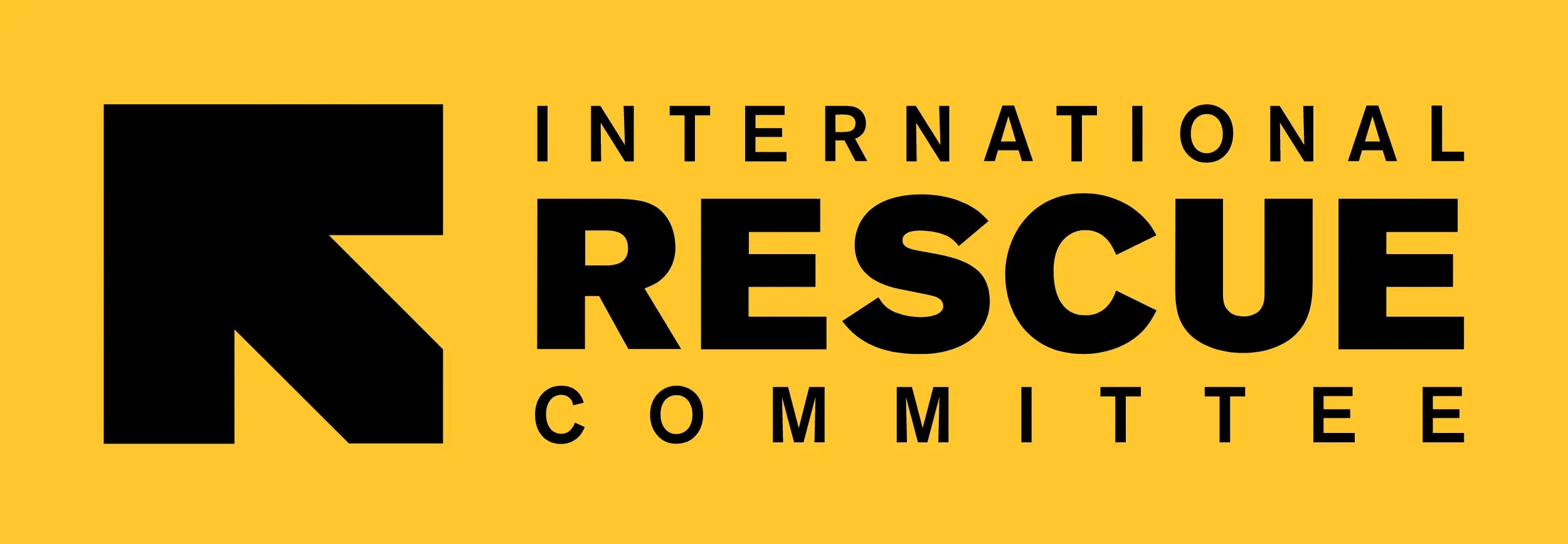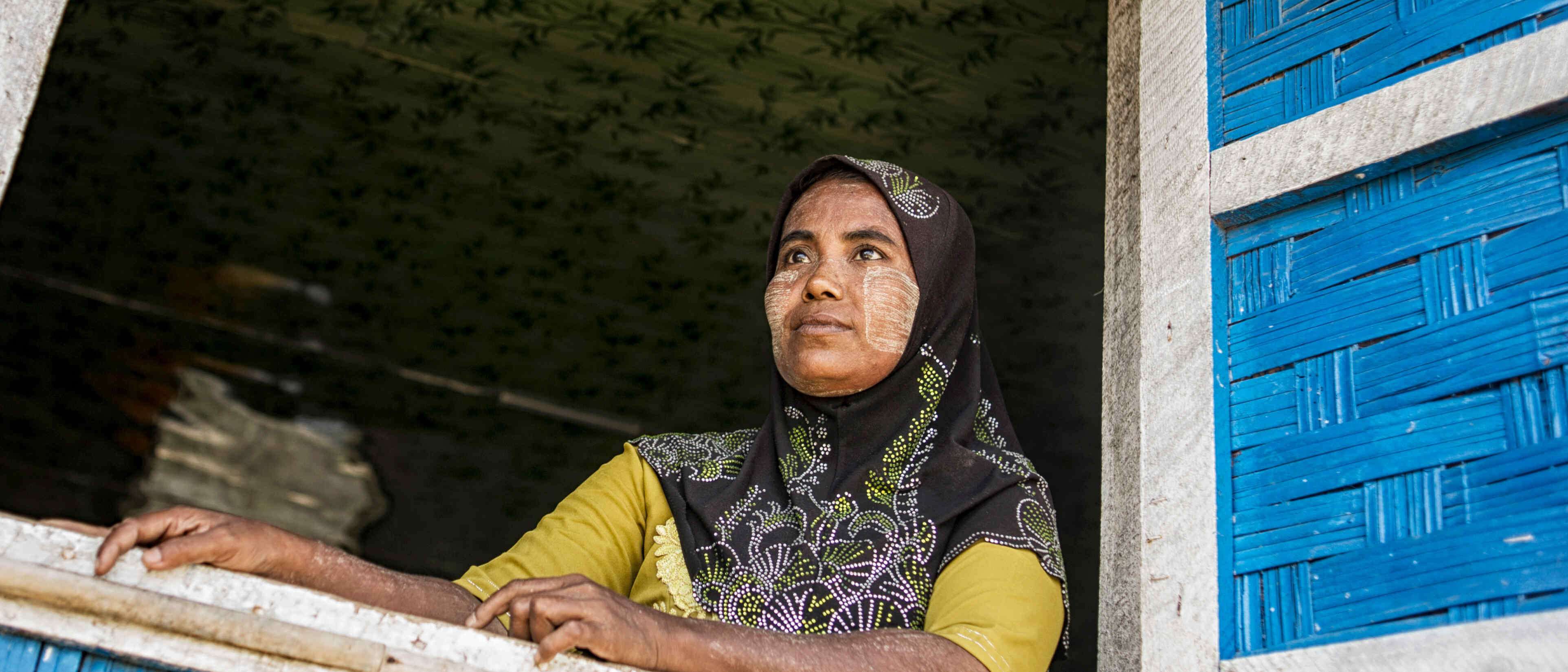At a time when more than 100 million people are uprooted by crisis worldwide, here are 10 reasons to give to the International Rescue Committee (IRC):
For nearly 90 years we have been helping people affected by humanitarian crises to survive, recover and rebuild their lives.
We were founded at the call of Albert Einstein. Ingenuity, fortitude and optimism remain at the heart of who we are and how we work.
We are the largest refugee resettlement agency in the United States. In 2021, we served nearly 35,000 people across 20 cities with asylum and protection programs.
In 2021 alone, we reached over 31.5 million people in countries affected by crisis with health care, clean water, education, protection and emergency cash—among other assistance provided around the world last year.
We are rapidly responding to the triple threat refugees are facing right now—ongoing conflict, the spread of COVID-19 and climate change.
We help people in some of the toughest places on Earth, including Yemen, Syria and Somalia.
We have developed and are implementing a revolutionary new approach to treating malnutrition in children.
We work in more than 40 countries, including Afghanistan. In a single year, we helped more than 1 million people in Afghanistan with services, including education and safe spaces for girls. We are determined to stay and deliver life-changing support as long as we are needed.
We were on the ground in Poland before the Ukraine conflict began, monitoring the situation and preparing to respond, and today we're providing aid in Ukraine and Poland directly and with local nonprofits with deep roots in their communities.
We adapt to the challenges in front of us with courage and resilience and we never, ever give up on refugees and displaced families.
How we use evidence
This wise recommendation from Albert Einstein represents the International Rescue Committee’s strong commitment to research, evaluation and learning. Appropriately, it comes from the great scientist and humanitarian at whose suggestion our organization was founded in 1933. More than 80 years later, our work is driven by equal parts of passion and proof, ideals and ideas. This principle of rigorous inquiry and examination guides the way in which we design our programs and deliver our services.
It is the IRC’s mission to respond to the world’s worst crises and help people to survive and rebuild their lives. It is our responsibility to fulfill that mission with the greatest possible degree of effectiveness and efficiency.
Toward that end, we never stop questioning. Does a program work? Does it work better than another? What is the impact? The viability? The relevance? Can it be improved? How? When? For whom?
The IRC combines research with hands-on day-to-day experience that develops real expertise. That approach enables us to save lives and jumpstart recovery, achieve optimal use of resources, and increase the likelihood of lasting solutions. By investing in research and evaluation, the IRC advances humanitarian aid, developing a long-term vision to answer fundamental questions about what works, and why.
Challenge assumptions. Explore outcomes. Use evidence.
Donors—both large and small—want to understand the exact significance of their support. More than that, the IRC is dedicated to ensuring its programs improve lives and livelihoods, and help crisis-affected populations recover and prosper.
While improving accurate, meaningful measurement can be challenging, the IRC is proving that it is both a practical and possible goal. To do this, we are rolling out the Outcomes and Evidence Framework—a set of tools for IRC staff to ensure our programs are outcomes based and driven by the best available evidence that proves what interventions do and do not work to achieve those outcomes. Beyond this commitment to improving how we operate, the IRC is also sharing this approach with other practitioners, donors, and any interested parties through the interactive Outcomes and Evidence Framework. We invite you to explore this new platform at oef.rescue.org, and welcome your comments, input and feedback at oef@rescue.org.
Innovation and influence
The IRC maintains a dedicated professional Research, Evaluation and Learning team whose job it is to ensure that we rely on evidence to design and operate our programs. The team develops cutting-edge tools and guidelines that enhance IRC’s ability to monitor the quality of work and track performance. They build our capacity for sound data collection and methods of analysis, and for demonstrating with precision the impact of our practitioners at work in over 50 countries and 29 U.S. cities.
The IRC contributes regularly to presentations and publications in order to share lessons-learned and best practices that advance the larger field of humanitarian agencies and the effectiveness of our collective work.
Recognized as thought-leaders, our research experts are regularly invited to present at donor conferences, provide feedback on new impact evaluation policies and participate in academic networks for humanitarian aid and development.
Academic partnerships
The IRC has formed strong partnerships with researchers at the leading universities: Columbia University, Harvard University, MIT, London School of Economics, London School of Hygiene and Tropical Medicine, and Johns Hopkins University.
The IRC is also associated with research or evaluation groups such as Experiments in Government and Politics (EGAP), Innovations for Poverty Action (IPA), Interaction, ALNAP, and WHO and CDC research groups.


